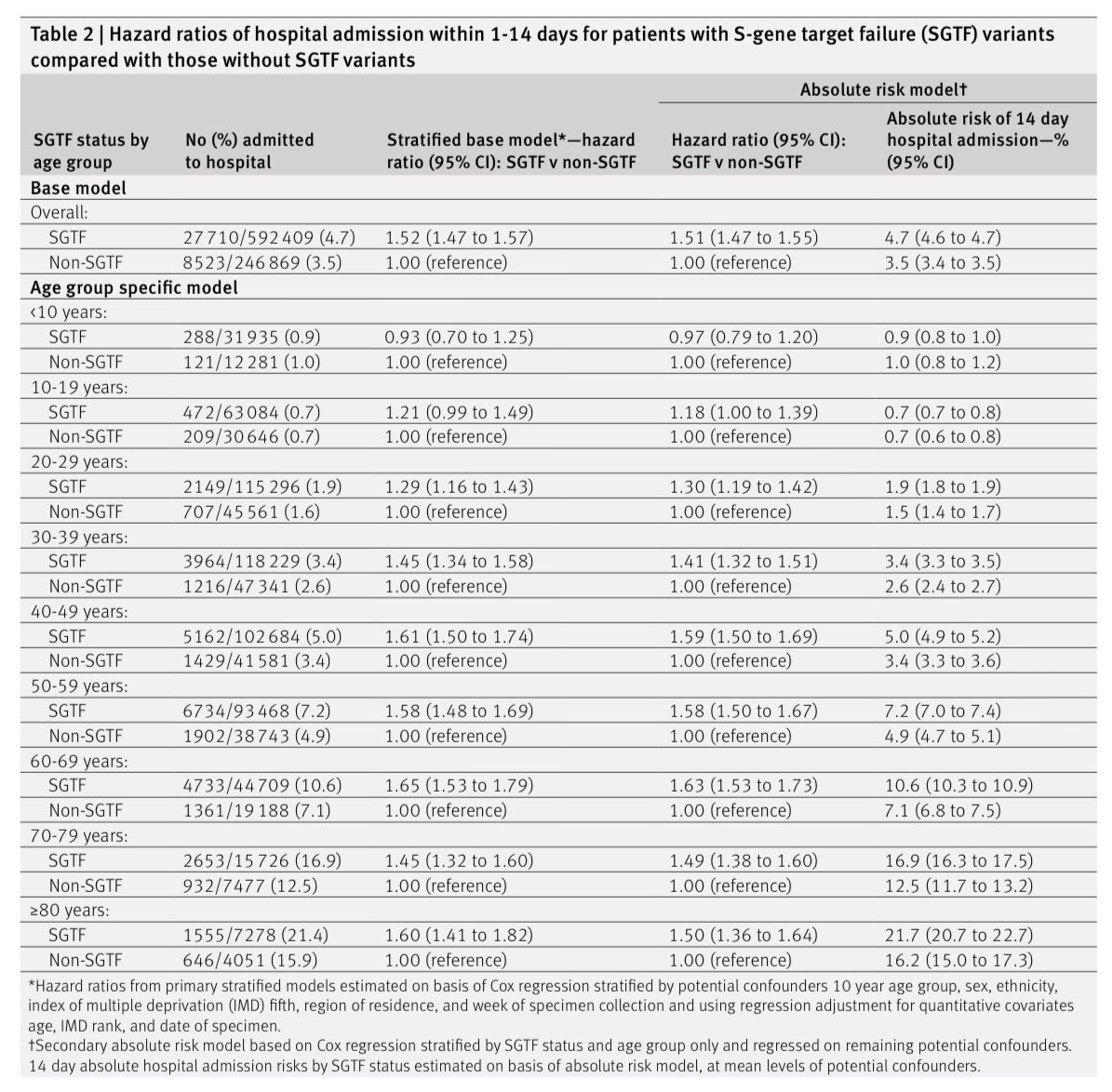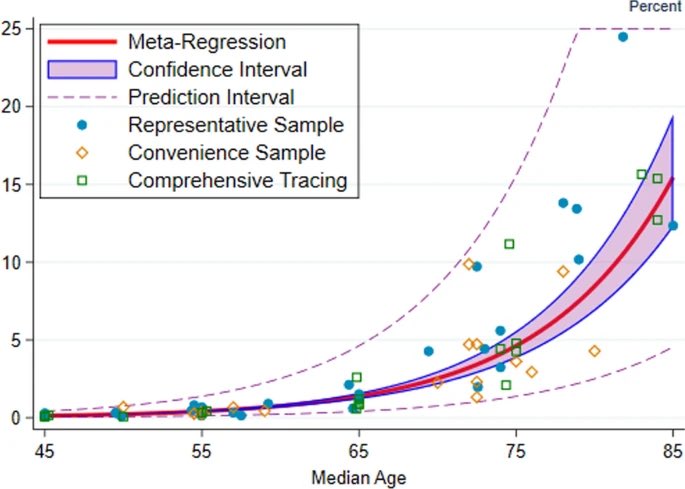
In this small study of 39 breakthrough cases, 7 of 36 (19%) followed for 6 weeks got long COVID.
⚠️This may be an overestimate as asymptomatic breakthrough infections were likely missed in the full sample of 11,453 people.
However, it shows vaccinated people can get long COVID.
⚠️This may be an overestimate as asymptomatic breakthrough infections were likely missed in the full sample of 11,453 people.
However, it shows vaccinated people can get long COVID.
https://twitter.com/NEJM/status/1420496788910391310
It’s also important to remember that these people first had to get infected and become a breakthrough case before they were at risk of developing long COVID.
Developing long COVID after vaccination is probably uncommon (but not rare).
Developing long COVID after vaccination is probably uncommon (but not rare).
The risk of becoming infected after vaccination should decrease as more of the population is vaccinated. Even if herd immunity isn’t reached, there should be some herd protection.
But until transmission is brought to low levels, it would be a good idea to keep wearing a mask. 😷
But until transmission is brought to low levels, it would be a good idea to keep wearing a mask. 😷
Note: There were 11,453 vaccinated (with the Pfizer-BNT vaccine) healthcare workers in this study, of whom 1,497 were tested during the study period.
The study ran from January to April 2021 in Israel (when the alpha variant was dominant). The third wave there peaked in January.
The study ran from January to April 2021 in Israel (when the alpha variant was dominant). The third wave there peaked in January.
• • •
Missing some Tweet in this thread? You can try to
force a refresh







